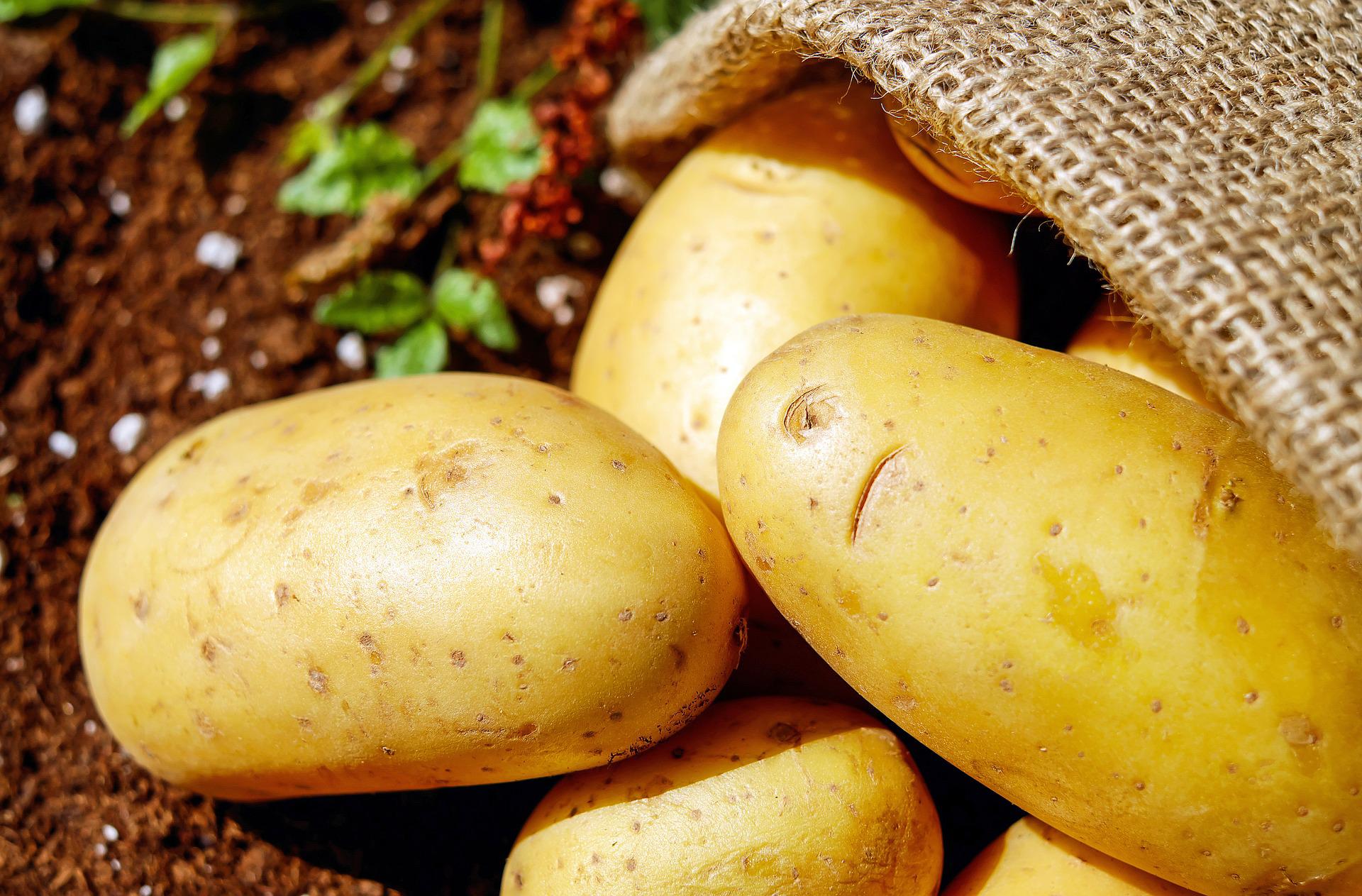An international team of researchers led by the Chinese Academy of Agricultural Sciences delved deeper into the advancements and biology of potato as a genetically intricate food crop.
While the majority of commercially grown potato varieties are tetraploids, diploid varieties are simpler to breed and hold the potential to revolutionize potato breeding, shared The James Hutton Institute in a news release.
Diploids are meant to make potato breeding more efficient as there are fewer copies of chromosomes in them for crossing, making for more predictable breeding outcomes. In a diploid variety there are two copies of chromosomes, while traditional tetraploid potato varieties have four copies of each chromosome.
One setback of diploid potatoes is that they’re incompatible, meaning they can’t produce true potato seed when pollen from an individual plant is placed on flowers of the same plant.
“The trick now is to introduce these self-compatibility genes into the parents that we want to use for diploid potato breeding. Self-compatibility is important because remember that we want to make the plants as homozygous as possible,” explained Dennis Halterman, research geneticist with the United States Department of Agriculture (USDA) Agricultural Research Service.
The absence of research surrounding diploid varieties is another complication. “Diploid potatoes represent around 70 per cent of the wild and landrace potato species, and the vast diversity among them has not been fully characterized or made use of in previous breeding programs,” shared the study. “Furthermore, the effects of the evolution of a clonal reproduction strategy on potato genomes and the evolutionary mechanisms of tuberization are largely unexplored.”
To learn more about the intricacies of the potato genome, the team, featuring the James Hutton Institute, investigated the “genome evolution and diversity of 24 wild and 20 cultivated diploid potato varieties,” creating a map of notable genetic traits that could help breeders speed-up the development of new varieties, shared the release.
“This work really gives a ‘pan genome’ view across a diverse set of diploid potatoes that span the domestication timeline of this important global food crop,” said Dr Glenn Bryan, co-author of the study and potato geneticist at the James Hutton Institute’s Cell and Molecular Sciences group. “This work will be a fantastic source of information for potato geneticists and breeders and will provide a very rich source of data that will facilitate diploid hybrid breeding.”
Read More About Diploid Potatoes:
Looking Towards a Diploid Potato Future
Diploid Potato Variety Resistant to Colorado Potato Beetles Developed









